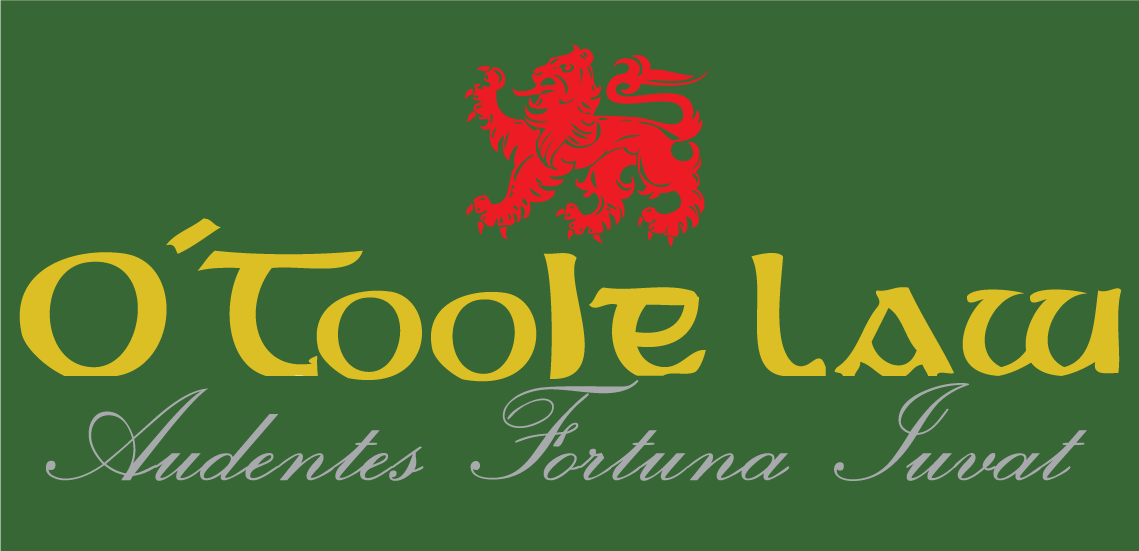In the U.S., at will employment is the norm. Unless you have a contract, which few do, you can separate from your employer at any time for any reason. Similarly, employers may terminate workers, assuming they are not engaging in discrimination of a protected category when they do so.
Because of this, most people like to believe that there is a free market for employment. However, this is not always the case. Employers are often looking for the lowest-cost work force they can obtain, and often engage in practices that promote that interest, not a free market.
A settlement has been proposed in a class-action antitrust lawsuit against four large Silicon Valley tech companies. The lawsuit was brought by workers at those firms when it came to light that there was evidence that the companies had informally agreed to not “poach” the other companies employees.
This was done to drive down the cost of employing these workers, who would otherwise be highly recruited and, concomitantly, highly valued with large salaries.
The settlement agreed to by the companies was $415 million, with was a substantial increase from the $324.5 million that was offered last year, but which was rejected by the federal judge overseeing the class-action lawsuit.
The judge noted that the previous settlement offer was less than workers from a similar lawsuit involving Disney and Intuit.
This case involved antitrust law as agreements to not hire or poach workers effectively works as a restraint of trade, by denying a worker the full value of their skill and talent in the job marketplace.
Reuters.com, “Apple, Google reach new deal to end U.S. lawsuit over poaching,” Dan Levine, January 14, 2015
